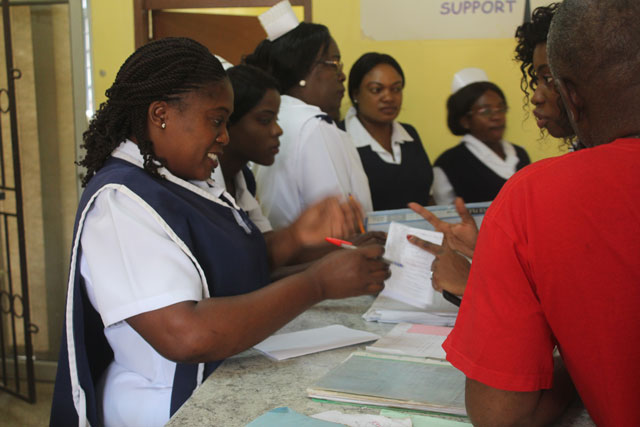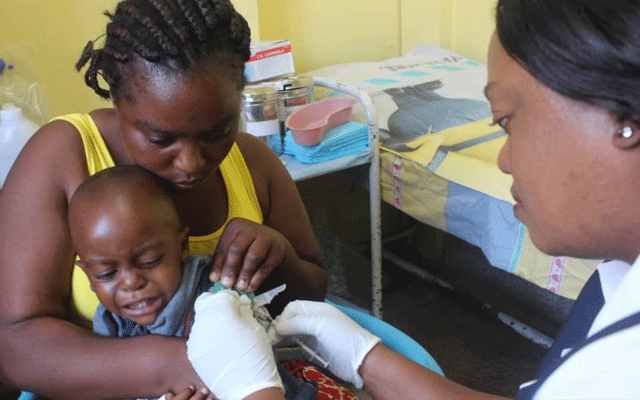The very first donated emicizumab product was given to two patients in Zambia this past spring. The donation is the first of its kind from Roche, who has generously committed to donating enough emicizumab to treat 1,000 patients over five years.
The treatment for the patients—an adult and a child—started in March, 2020. It was the culmination of a collaboration between the World Federation of Hemophilia (WFH) Humanitarian Aid Program and the Zambian national member organization (NMO), the Haemophilia Foundation of Zambia (HFZ). The WFH worked with Charity Pikiti, the president of the HFZ, in order to make the treatment possible.
The availability of this novel treatment marks the first time that patients in Zambia will gain free access to subcutaneous prophylaxis. Two patients with a high frequency of recurrent bleeding in their joints were chosen for treatment. The treatment was performed at the University Teaching Hospitals-Children’s Hospital in in Lusaka, Zambia, by Uzima Chirwa, MD, the principal treater. The patients initially received the loading dose for four weeks to start the treatment, which was successful, and they have now moved to a maintenance dose.

The preliminary treatment results have been extremely successful and both patients and their parents are very pleased. Neither patient has had a bleed since treatment began in March—in other words, for over five months. Treatment will continue and the patients will be evaluated over the long term.
This treatment—the first of 1,000 patients over the next five years—is a milestone for the WFH Humanitarian Aid Program, Roche, and the HFZ. More patients will be treated with emicizumab in Zambia and the rest of the world, bringing an improved quality of life to many patients.
About the WFH Humanitarian Aid Program
The WFH Humanitarian Aid Program improves the lack of access to care and treatment by providing much-needed support for people with inherited bleeding disorders in developing countries. By providing patients with a more predictable and sustainable flow of humanitarian aid donations, the WFH Humanitarian Aid Program makes it possible for patients to receive consistent and reliable access to treatment and care. None of this would be possible without the generous support of Sanofi Genzyme and Sobi, our Founding Visionary Contributors; Bayer and Roche, our Visionary Contributors; Grifols, our Leadership Contributor; and our Contributors, CSL Behring and Takeda. To learn more about the WFH Humanitarian Aid Program, visit www.treatmentforall.org.













